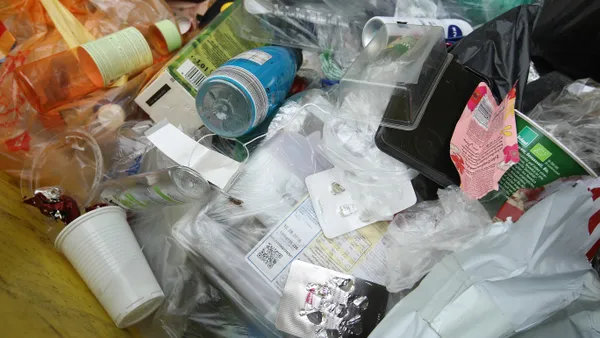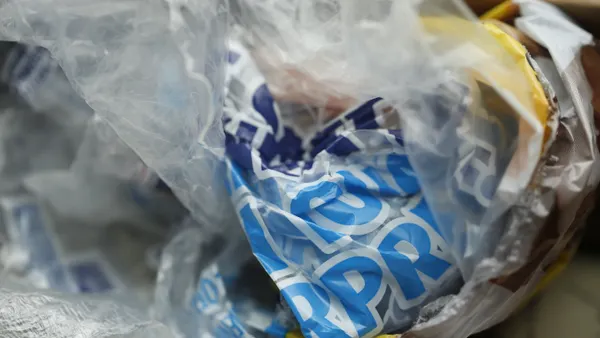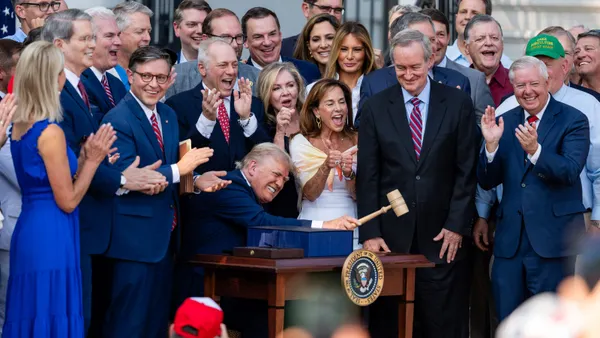Dive Brief:
- Lincoln, NE Mayor Chris Beutler recently released a draft of the Lincoln Environmental Action Plan (LEAP) to increase environmental sustainability in the areas of energy, land use, transportation, waste and water resources,as reported by KLKN-TV and other outlets.
- The draft details plans to install LED street lights, replace ash trees, develop electric vehicle (EV) infrastructure, increase recycling rates, develop C&D recycling strategies and develop a water conservation plan, among other initiatives.
- Mayor Beutler noted that investments in these initiatives are economically beneficial and will create a "triple bottom line" (economic, environmental and social), as reported by KLKN.
Dive Insight:
While Lincoln may not be the first city that comes to mind when tasked with listing smart and connected cities, the Nebraska capital has proven itself as a driver of efficiency and environmental consciousness. Lincoln was named a top city for transportation in 2013 and earlier this year, the city banned corrugated cardboard from the city landfill, among other examples. Beutler cited a desire to be "good stewards of the land" and to leave a legacy for future generations as his motivation for environmental action, which are sentiments shared by many mayors, especially in recent weeks.
The LEAP draft is not entirely different from plans to make other state capitals more sustainable, yet it's indicative of a larger trend to "green" cities in one holistic effort rather than rolling out small initiatives individually. Additionally, the draft highlights why environmental action is a smart investment economically, which is crucial for many stakeholders to get on board. In an interview with Waste Dive, Miriam Garron of the Food Network said, "Ethical concerns don't sway businesses," highlighting that there needs to be a "financial argument" and economic reasoning for making many environmentally-conscious business decisions.











